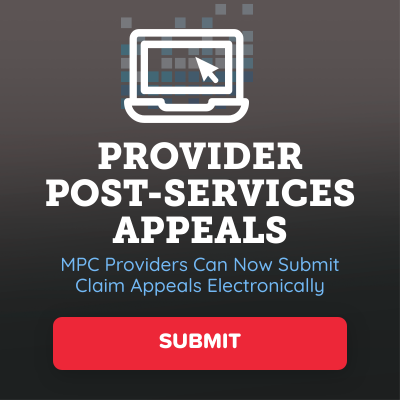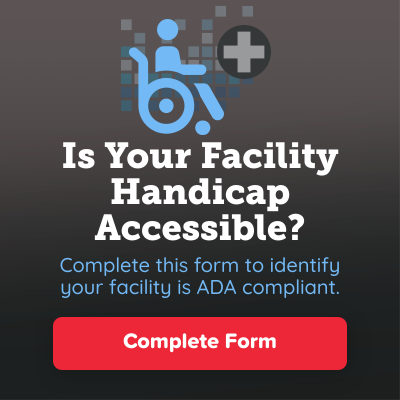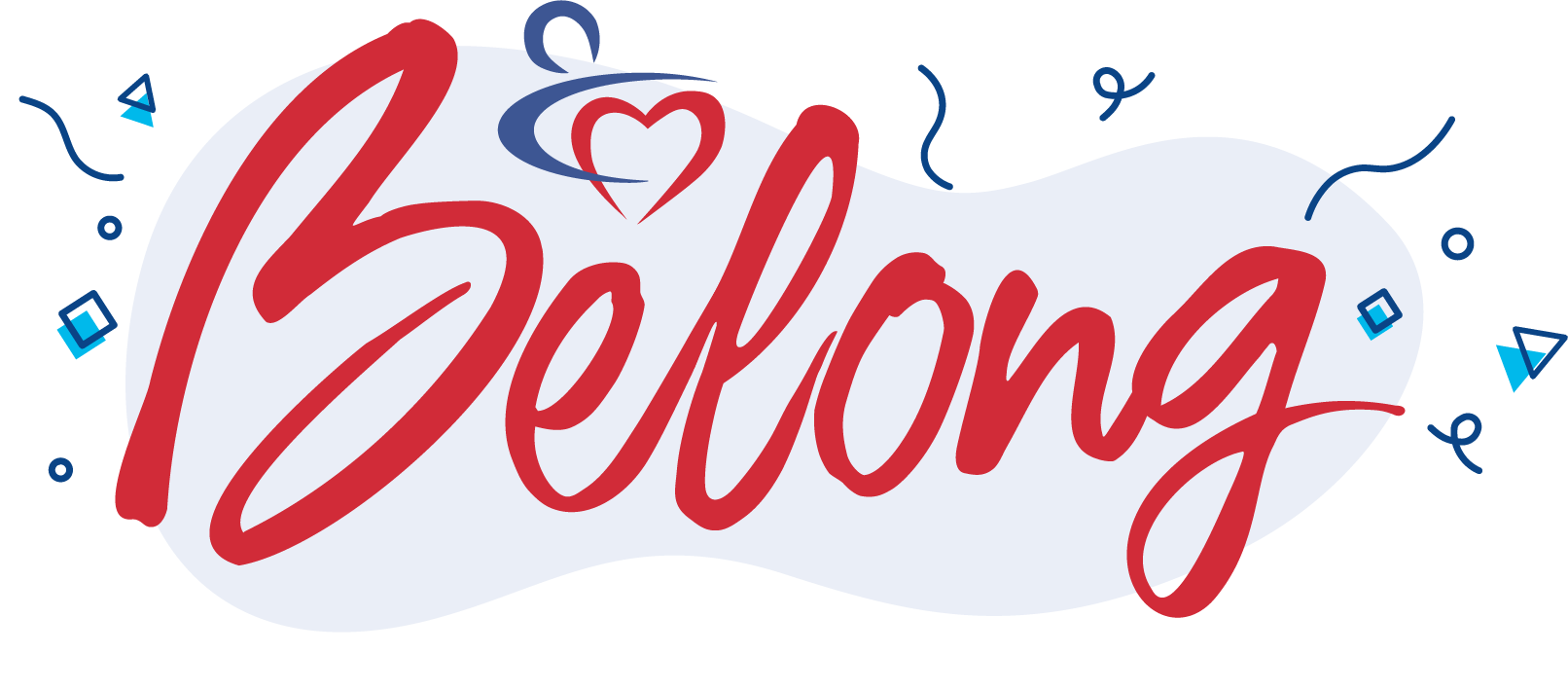Cultural Competency Training
What is Cultural Competency?
Cultural competency in health care is the ability of systems to provide care to patients with diverse values, beliefs, and behaviors, including tailoring health care delivery to meet patients’ social, cultural, and linguistic needs.
How can Cultural Competency Training benefit you?
- Studies demonstrated that cultural competence training significantly increased the cultural competence level of healthcare providers and is associated with increased patient satisfaction.
- Eliminates disparities in members’ health status based on racial, ethnic, and cultural backgrounds.
- Improves the quality of services and health outcomes.
- Creates a competitive edge in the marketplace and decreases the likelihood of liability claims.
- Meets legislative, regulatory, and accreditation mandates.
Cultural Competency Resources
Below are training resources available to providers. Click on the tab for detailed information such as a link to the resource, the topics covered, length, cost, and certifications or CEUs offered.
Think Cultural Health
Think Cultural Health: A Physician’s Practical Guide to Culturally Competent Care
Offered by Office of Minority Health/DHHS
https://cccm.thinkculturalhealth.hhs.gov/default.asp?curcase=1
Topics Covered:
- Areas related to cultural and linguistic competency in medical practice.
- Strategies to promote self-awareness about attitudes, beliefs, biases, and behaviors that may influence clinical care.
- Strategies to enhance skills toward the provision of care in a culturally competent clinical practice.
- Advantages of the adoption of the National CLAS Standards in clinical practice.
Length:
Self-paced / 9 hours
Cost:
The U.S. Department of Health & Human Services offers this activity at no charge to the participant.
Certification Upon Completion:
N/A
Continuing Education Credits:
Physicians:
- A maximum of 9.0 AMA PRA Category 1 Credit(s)™.
- DOs can obtain a maximum of 9 continuing education credits for completing this program. The American Academy of Osteopathy (AAO) accepts Category 1 AMA Physician’s Recognition Award credits, for which this program is accredited.
Family Practice Physicians:
- Up to 9 elective credits by the American Academy of Family Physicians.
Physician Assistants:
- A maximum of 9 hours of AAPA Category I CME credit by the Physician Assistant Review Panel. Approval is valid for one year from the issue date of December 31, 2021. Participants may submit the self-assessment at any time during that period.
- Successful completion of the self-assessment is required to earn Category I CME credit. Successful completion is defined as a cumulative score of at least 70 percent correct.
Nurse Practitioners:
- 9.0 contact hours of continuing education by the American Association of Nurse Practitioners. Activity ID 21105234 (through October 31, 2022)
Additional:
There are also culturally and linguistically appropriate services (CLAS) type of education e-learning programs for various types of practitioners: https://thinkculturalhealth.hhs.gov/education
Conscious & Unconscious Biases
Conscious & Unconscious Biases in Health Care
Offered by National Center for Cultural Competence at Georgetown University Center for Child and Human Development
https://nccc.georgetown.edu/bias/
Topics Covered:
- Defining bias
- Impact of bias
- Bias and well-meaning people
- Addressing bias
Length:
Four modules in this specific course; short quiz after module one and beginning of module three.
Cost:
No charge
Certification Upon Completion:
N/A
Continuing Education Credits:
N/A
Effective Communication for Healthcare Teams
Effective Communication for Healthcare Teams: Addressing Health Literacy, Limited English Proficiency, and Cultural Differences
Offered by TRAIN Learning Network: affiliate with the CDC and the Maryland Dept. of Health
https://www.train.org/main/training_plan/3985
Topics Covered:
- Health literacy
- How health literacy, cultural competence, and limited English proficiency each affect health communication
- Tools and resources to assess a patient’s health literacy level and language assistance needs
- Methods of communication that will improve understanding in patients with limited health literacy
- Factors that influence communication
Length:
Four modules that take approximately one hour and 40 minutes total to complete.
Cost:
No charge
Certification Upon Completion:
The certification is awarded at the end of module three. It is associated with module three and is located in “Your Learning/Your Certificates.”
Continuing Education Credits:
Physicians:
- CME – The Centers for Disease Control and Prevention designates this enduring material for a maximum of (2.25) AMA PRA Category 1 Credits™. Physicians should claim only the credit commensurate with the extent of their participation in the activity.
- This course meets the CDC Quality Training Standards (QTS) – each individual module has the CDC QTS green seal. At the end of each module, participants must use the red Quit button in the top right to close out the course and return to TRAIN and the training plan page.
- In support of improving patient care, The Centers for Disease Control and Prevention is jointly accredited by the Accreditation Council for Continuing Medical Education (ACCME), the Accreditation Council for Pharmacy Education (ACPE), and the American Nurses Credentialing Center (ANCC) to provide continuing education for the healthcare team.
Nurse Practitioners:
- CNE – The Centers for Disease Control and Prevention is accredited as a provider of Continuing Nursing Education by the American Nurses Credentialing Center’s Commission on Accreditation. This activity provides (2.1) contact hours.
Pharmacists:
- CPE – The Centers for Disease Control and Prevention designated this Knowledge-based event for pharmacists to receive 0.21 CEUs in pharmacy education.
- The Universal Activity Number is JA-UAN: JA4008229-0000-21-043-H04-P.
- Once credit is claimed, an unofficial statement of credit is immediately available on TCEOnline. Official credit will be uploaded within 60 days on the NABP/CPE Monitor.
IACET CEU (General):
- CEU – IACET authorizes the Centers for Disease Control and Prevention to offer (0.2) CEUs for this program.
- https://www.iacet.org/standards/ansi-iacet-2018-1-standard-for-continuing-education-and-training/continuing-education-unit-ceu/about-the-ceu/
Certified Health Education Specialists (CHES®) and/or Master CHES (MCHES®)
- CECH – up to 2 total Category I continuing education contact hours. Maximum advanced level continuing education contact hours available are 0. Continuing Competency credits available are 2.0. CDC provider number 98614.
- Sponsored by the Centers for Disease Control and Prevention, a designated provider of continuing education contact hours (CECH) in health education by the National Commission for Health Education Credentialing, Inc.
Certified Public Health Professionals (CPH)
- The Centers for Disease Control and Prevention is a pre-approved provider of Certified in Public Health (CPH) recertification credits and is authorized to offer 2.0 CPH recertification credits for this program.
Additional:
To receive continuing education (CE) for WB2967 – EFFECTIVE COMMUNICATION FOR HEALTHCARE TEAMS: ADDRESSING HEALTH LITERACY, LIMITED ENGLISH PROFICIENCY AND CULTURAL DIFFERENCES, you must complete the full training plan. You will receive a downloadable PDF with TCEO instructions and TCEO access code upon completing module three. It will be available in the Resources tab of the module three course details page upon completing module three.
Quality Healthcare for Lesbian, Gay, Bisexual & Transgender People
Quality Healthcare for Lesbian, Gay, Bisexual & Transgender People
Offered by GLMA: Health Professionals Advancing LGBTQ Equality (previously known as the Gay & Lesbian Medical Association)
https://glma.org/cultural_competence_webinar_se.php
Topics Covered:
- Understanding the Health Needs of LGBT People: An Introduction
- Creating a Welcoming and Safe Environment for LGBT People and Families
- Clinical Skills for the Care of Transgender Individuals
Length:
Approximately 4.5 hours
Parts 1-3 are roughly 90 minutes each, with a correlating PowerPoint
Cost:
The webinars are free and include content that has broad relevance to clinicians, administrators, researchers, and academics alike. All are welcome and encouraged to attend and view the archives.
Certification Upon Completion:
N/A
Continuing Education Credits:
N/A
Additional:
This cultural competence webinar series explores the health concerns and healthcare of LGBT people and is open to anyone. This webinar series is a project of GLMA in collaboration with the Hopkins Center for Health Disparities Solutions, Johns Hopkins Bloomberg School of Public Health.


